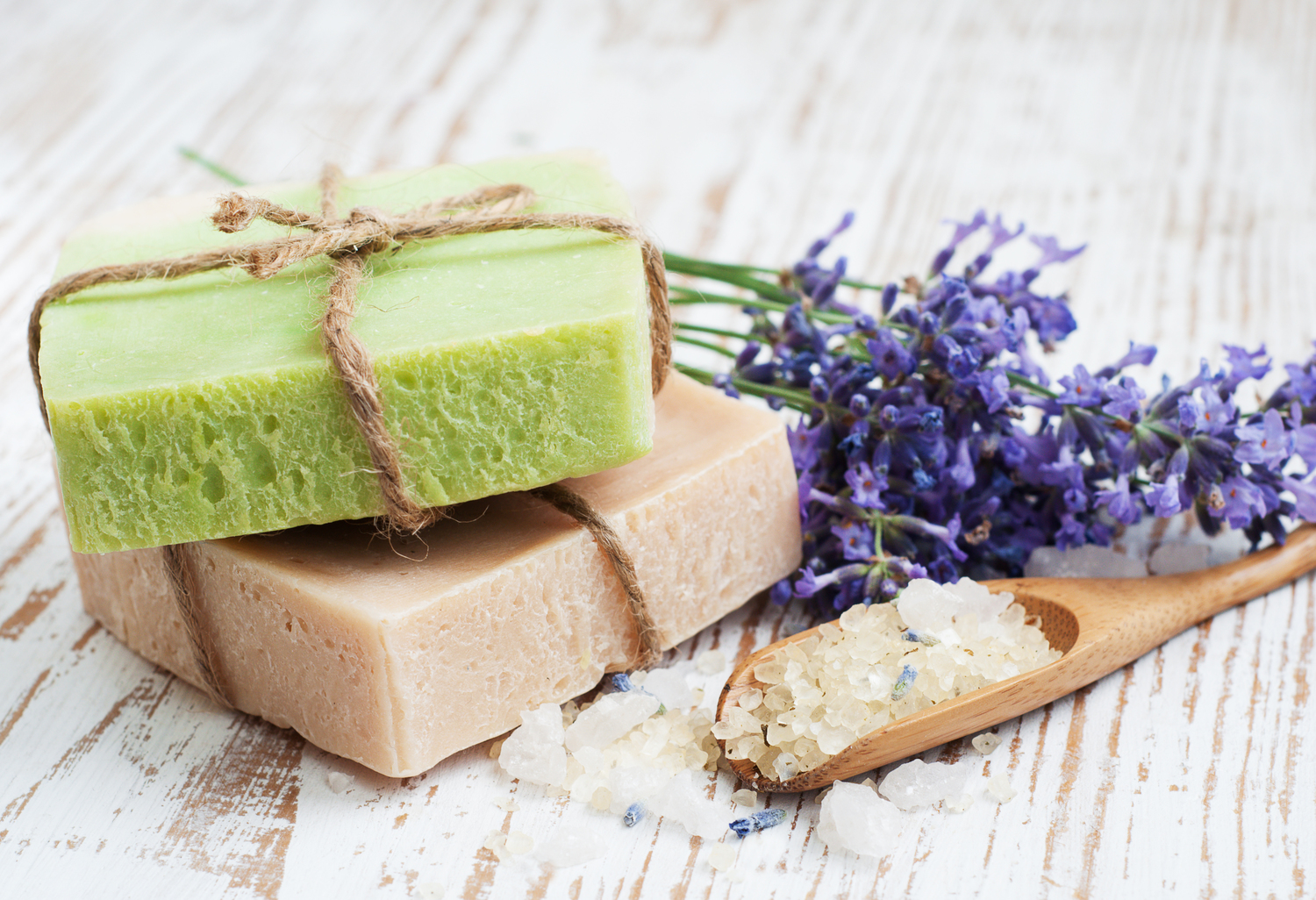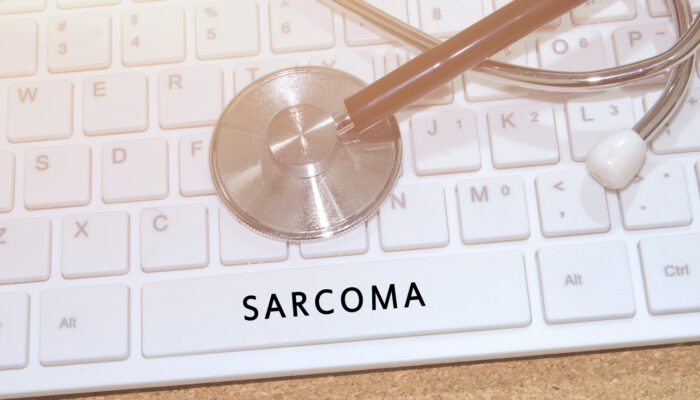
5 Types of Soaps That Trigger Eczema
Eczema, also known as atopic dermatitis, is a skin condition that causes itchiness, irritation, and rashes. It can manifest in various ways and symptoms, but the most common form is dry, red, itchy patches that develop on the skin. Cleaning your body is one of the essential parts of keeping your skin healthy because it protects and nurtures your largest organ from the outside world. However, certain types of soaps and soap ingredients may trigger an eczema flareup:
1. Propylene glycol based soaps
Propylene glycol is a common softening agent, or humectant, used in many shampoos, body creams, soaps, and facial cleansers. However, many eczema sufferers experience skin dryness and irritation when they use soaps containing propylene glycol. According to data from the Contact Dermatitis Institute, a patch test with any products containing propylene glycol is highly recommended for patients with eczema to ensure there is no allergic reaction. Common symptoms of a reaction would include redness, swelling, itching, and fluid-filled blisters that appear immediately or a few days after use.
2. Soaps with strong fragrances
Perfumes or fragrances are prevalent in several beauty and hygiene products. They can add beautiful scents to your bath or shower, and create a spa-like atmosphere. But when it comes to eczema, soaps that contain strong fragrances, and especially synthetic fragrances are particularly problematic and often cause allergic reactions and dehydration due to alcohol within. Do your due diligence before purchasing soap and research the full list of ingredients. You can also do a skin patch test to see if you react before using the product on your entire body.
3. Soaps with Methylchloroisothiazolinone and Methylisothiazolinone
A 2015 study published by the National Center for Biotechnical Information, linked Methylchloroisothiazolinone and Methylisothiazolinone, two common preservatives used in soap with allergies and contact dermatitis. Both products are also often found in baby wipes, shampoos, conditioners, and even toothpaste.
4. Antibacterial soaps
Antibacterial soaps are essential because they help protect you from germs and infection. However, for patients with eczema, antibacterial soaps are quite harsh on the skin, often causing irritation, dryness, and worsening eczema symptoms.
5. Essential oil-based soaps
Essential oils are ubiquitous in the skincare industry, and they are often touted for their natural benefits that are gentle on skin. However, several essential oils can irritate an eczema sufferers’ skin and even cause an allergic reaction. According to the Eczema Foundation, eczema patients are recommended to avoid products containing essential oils because, in many cases, repeated exposure to an irritant will cause the skin to become more sensitive, aggravating eczema symptoms more severely over time.
You may be wondering what types of treatments can also help—in addition to avoiding certain soaps and body care products? For instance, you’ve likely seen commercials about several medications for eczema, such as Dupixent (Dupilumab) and Cibinqo (Abrocitinib). Or you may be asking can Otezla (Apremilast) be used for atopic dermatitis? If you suffer from frequent and painful eczema flare ups, please talk to your doctor about possible eczema medications and treatments that may help soothe your symptoms. Your healthcare provider can also recommend soaps and personal hygiene products that are safe for atopic dermatitis and sensitive skin.



